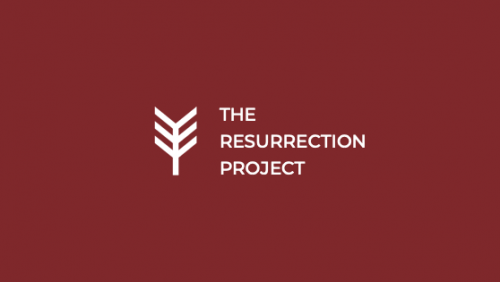Digital Excellence Program Helps Bridge Divide
Jane DeRonne for LISC/Chicago
Published: July 22, 2009
Four neighborhoods are bridging the digital divide through LISC/Chicago’s Digital Excellence Demonstration Communities (DEDC) pilot program, bringing universal, meaningful participation in technology to low-income communities. Mayor Richard M. Daley announced the program as an integral part of the City of Chicago’s Digital Excellence Action Agenda that was launched July 21.
The four pilot neighborhoods—Pilsen, Englewood, Auburn Gresham and Chicago Lawn—have developed digital excellence plans and begun their implementation, including projects such as distributing low-cost, refurbished computers; training community members in using digital resources; creating community web portals (https://www.pilsenportal.org/ is one example); and helping local youth develop digital content.
The neighborhood-based, wide-ranging plans aim to build awareness, skills and digital infrastructure and programming. «If we want to improve the quality of life for everyone, we must work to make sure that every resident and business has access to 21st Century technology in their own neighborhoods and homes,” said Daley at the July 21 news conference in Pilsen.
The Resurrection Project in Pilsen, Teamwork Englewood, Greater Auburn-Gresham Development Corp. and Greater Southwest Development Corporation in Chicago Lawn—all lead agencies in LISC/Chicago’s New Communities Program (NCP)—engaged more than 300 residents, public agency officials, business owners and nonprofit leaders from more than 60 institutions to develop their digital excellence plans.
The neighborhoods are now implementing their plans, including working with community partners to take advantage of special Microsoft grants that will provide software to 33 nonprofits working in the DEDC sites.
With support from LISC and guidance from expert planners, the neighborhoods are also developing a cross-community “master plan” that focuses on five main goals: raising awareness/changing mindsets; providing education, training and technical support for users; providing universal, affordable high-speed Internet access; providing affordable hardware and software; and developing digital programming, skills and content.
The planning process leverages the experiences and relationships developed through NCP, which over the past seven years has built a robust and effective platform for community development initiatives.
«We’re proud to build on the New Communities Program and support neighborhoods as they connect their community members to technologies they need to be successful in today’s world,” said Andrew J. Mooney, LISC/Chicago’s executive director.
Other support for the DEDC program comes from the John D. and Catherine T. MacArthur Foundation, the Illinois Department of Commerce and Economic Opportunity and Microsoft Corporation.
You can watch the press conference in its entirety here.

